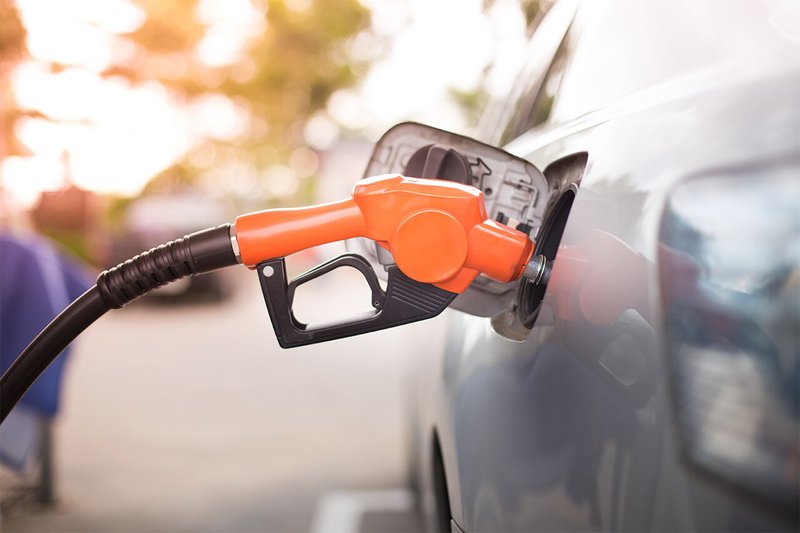
What are the different types of Car fuel: Wrong Fuel?
There utilised to be a time when most cars ran off petroleum (or petrol); nevertheless, with the finding and development of engines and technology, some run on diesel and, more recently, electric and wrong fuel filling can be a disaster. The idea of cars running off electricity seems so far-fetched and a thing of sci-fi books. Nevertheless, groups such as Tesla and Hyundai have discovered ways of making vehicles that run off electricity rather than the standard petrol.
Why Does Fuel Matter?
Before there was a selection of the kind of fuel a car could run on, petrol was the only choice; nevertheless, environmentalists have increased concerns regarding the impact of petrol. As a fossil fuel, it donates to pollution as it emits carbon dioxide, a greenhouse gas.
Car firms have attended to their customers. They have responded by making vehicles that are a hybrid of petrol and electric. While the cost tag is not entirely that of an electric car and petrol, it is a comfortable medium. Hybrids are an ideal introduction for those who are looking for environmentally tolerable vehicles but don’t have the budget to buy a fully electric car.
Understanding Electric Cars:
Electric cars have been hailed as being one of the most promising options for ordinary petrol cars. Likened to their counterpart of petrol, electric vehicles tend to have a more reasonable response rate in terms of engine technicians. With an electric vehicle, there is no lag between you hitting the “gas” or accelerator. Rather, the driver senses an instant smooth answer. In a way, this can be attributed to the rate of the materials used to develop and build electric cars. They have a more extended road lifespan than the typical petrol car.
They are more affordable to keep with electric cars as their engine is not as difficult as a diesel or petrol engine. Relying on the make and model, they can be charged via a charging station or solar panels. Many environmentally aware organisations are promoting the use of electric cars on the road by making charging stations and collaborating with state enterprises to offer shoppers rebates.
Uncertain if an electric car is right for you? Contemplate these pros and cons.
Pros
- Environmentally pleasant – zero emissions
- More modest engine and motor
- Instant acceleration
- Low upkeep
- Uses a renewable power source
Cons
- Short length driving
- Not perfect for rough terrain
- Refuelling (recharging) is not instant, needs time
- More increased price tag
- Limited car pick
These are only a few of the pros and cons of going with an electric car. One special thing is that the future is shockingly brilliant as many are examining environmentally friendly transportation modes.
Performance Petrol Cars
There is a fair wager that the car you are going runs off petrol, and there is a fair chance you have ever driven a petroleum car. Likened to electric, petrol cars are much more affordable to buy but also to fuel. As they are the most dominant on the road, there is the infrastructure to fuel and adjust them.
While there is a motivation to urge drivers to take advantage of state rebates on electric cars, petrol vehicles still conquer the market. Not only are they cost-effective, but they manage to go further than electric cars. Typical petrol vehicles, depending on their tank, can span up to 400 miles, four times more than an electric car. For those who are lovers of road trips or who have funding, it’s no surprise why petrol-type vehicles continue to conquer the roadways.
Before you think of a petrol car, contemplate these pros and cons.
Pros
- More affordable to repair
- More extended mileage
- More suitable power
- Frugal overall for the car
- Low care costs
- Elegant (acceleration and speed)
- Fast and inexpensive to refuel
Cons
- Conservatory gas emission
- Not fuel-efficient
- Depreciating worth
Imagine you are examining a car and not overly concerned about efficiency or emissions. In that case, petrol motors are most likely going to be a perfect choice.
Familiarity Diesel Cars
Generally, when we feel of diesel, we feel of big trucks; nevertheless, some car brands have developed their engine to solely use diesel. These automotive brands have Chevrolet, Ford, and Jeep. When you glance at their products, many of these vehicles are usually used in heavy-duty towing or moving of serious tools.
Diesel cars are also frequently used for long-distance journeys, as they often provide more suitable mileage. Though diesel is a stage up from petrol vehicles, they still talk carbon dioxide, just not as bad as the retired. There is a motivation to ban or use more serious taxes on cars that emit ample greenhouse gas emissions in some nations. Though there is this trend, there is no refuting that it is just more cost-effective than petrol when it arrives to fueling diesel cars.
Considering a car that operates on diesel? Weigh these pros and cons.
Pros
- Fuel efficient – uses 30% smaller than petrol
- More down greenhouse gas emission
- More extended engine life
- Powerful motor capacity
- Excellent for long trips
Cons
- More costly than petrol cars
- Costs more additional to refuel
- Costly to maintain
- Much Nosier than petrol and electric
While diesel is a more costly investment than petrol cars, they do deliver more useful benefits. There are few opportunities in what cars are available in diesel format; nevertheless, if you want large trucks and jeeps, then you are in luck. Diesel is running to be what fuels your car.
Determining Your Car and Fuel
When it comes to selecting a car, the kind of fuel it brings is not one that usually strikes a shopper’s mind. Generally, the emphasis is on fuel efficiency, mileage, and overall price; nevertheless, they are often impacted by the type of fuel a car handles when you glance at these elements.
Understanding your driving habits and drive is an ideal method of knowing which car and power type are the most appropriate. There are ample elements to contemplate when looking to buy a vehicle from their fuel head of electric, diesel, and petrol to your overall funding.























